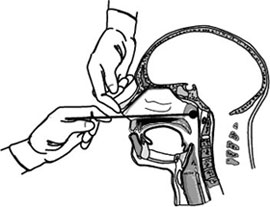1. Phone Alone.
In 1910, the WaPo discovered cell phones. Well, walkie-talkies, actually. These would enable shy lovers, as WaPo imagined, to call their beloved and confess their love without embarrassment..Wireless Telephones
2. Don't Forget Your Epi
Epigenetics means that one organism's learnings could be inherited by its offspring.IOW, it's not all Darwinian natural selection.Epigenetics
3. Lamarck's Revenge
Speaking of epigenetics... Unified Theory of Evolution4. If We Can Send a Man to the Moon...
...why can;t we send a man to the moon? We no longer have the skill sets that sent Apollo out. We'd be starting from scratch if we tried. Back to the Moon!5. Arbitrium Liberum
Aquinas always said 'free judgement,' not 'free will.' The fMRI argument is full of crap.Free Will





